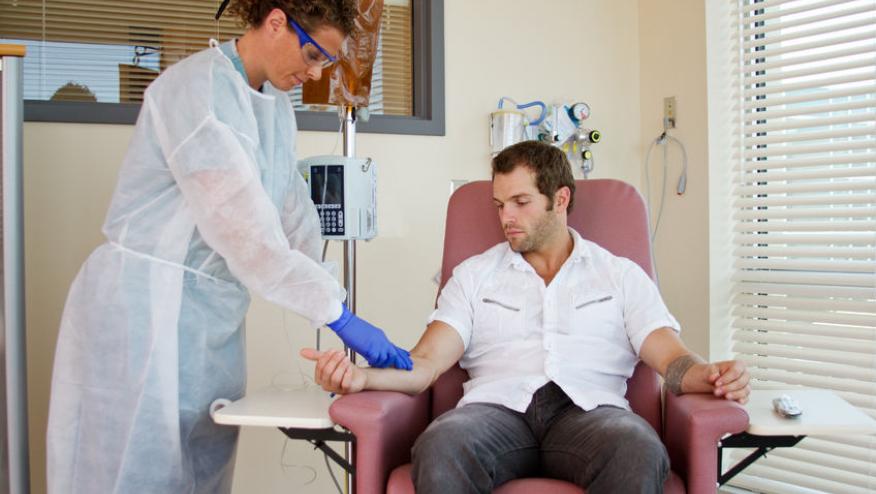Low Persistence of Biologics in Psoriatic Arthritis Save

A longitudinal observational cohort study of psoriatic arthritis (PsA) patients treated with biologic therapy finds relatively low persistence of selected biologic therapy in PsA patients
Analysis of PsA patients (n=2301) from a large healthcare provider database, seen between 2002 and 2018 looked at time on drug and clinical covariates. Persistence (on drug) estimates were derived using survival analysis, with treatment discontinuations as failure events.
This PsA population had a mean age of 51 years, 54% females, 70% had a BMI > 25, 40% were current smokers, and 76% were had a Charlson comorbidity index > 1.
Commonly drugs included etanercept (33%), adalimumab (29%), golimumab (12%), secukinumab (10%), ustekinumab (8%), and infliximab (8%).
Although 40% of patients persisted on therapy after 20 months of treatment, only about 20% of PsA patients remained on any particular biologic after 5 years.
Secukinumab had a higher persistency than adalimumab, infliximab, and ustekinumab, with a log rank of 0.022, 0.047, and 0.001, respectively.
Female sex and smoking were associated with lower drug persistence (HR = 1.25, 95% CI = 1.13-1.38 and HR = 1.109, 95% CI = 1.01-1.21, respectively).
This relatively low biologic persistence among PsA patients was more likely in women and current smokers. None of the anti-TNFα agents was found to be more persistent than others as first line therapy, but among second line biologics, secukinumab was superior to other biologics.










If you are a health practitioner, you may Login/Register to comment.
Due to the nature of these comment forums, only health practitioners are allowed to comment at this time.